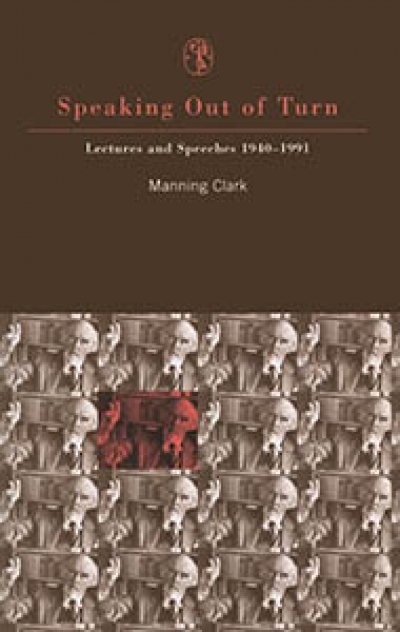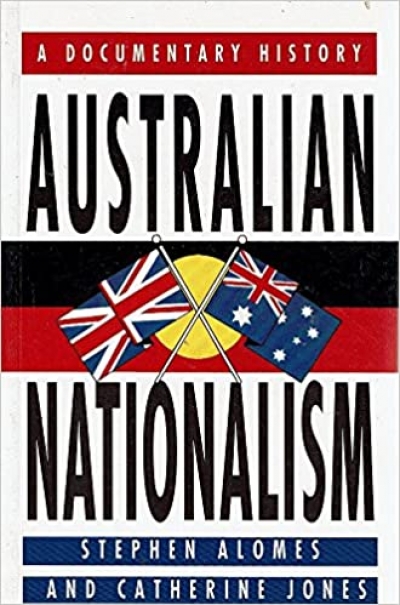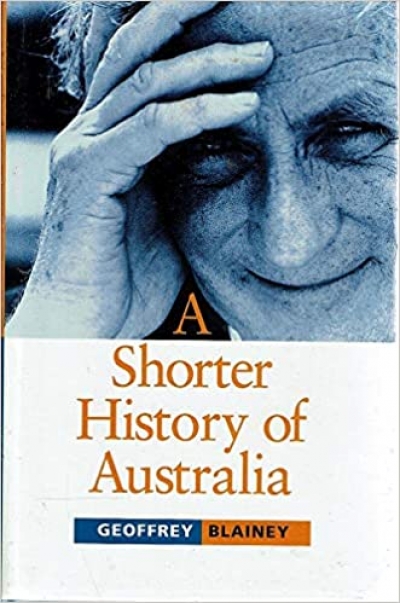Michael Cathcart
Michael Cathcart abridged Manning Clark’s History of Australia.
A collection of documents that dramatises particular nationalist traditions and debates with the dynamism of a really good anthology.
First a confession. I’ve never been excited by the idea of reading a book of documents. Such collections come in useful if you’re a teacher or a historian (exactly what did Menzies say in his ‘melancholy duty’ speech at the outbreak of the Second World War? ... (read more)
Like Manning Clark, Blainey sees history as a story of progress in which Western civilisation develops from a kind of primal baseline. But the dynamic force which drives events in Blainey’s history is more tangible-more material-than in Clark’s. As Blainey himself explains, he regards technology and economics as being far more important agents of change than politics. He locates the origins of ... (read more)



